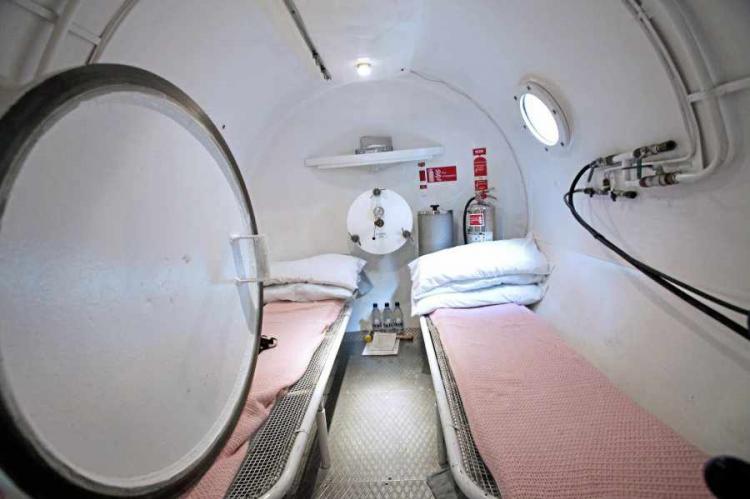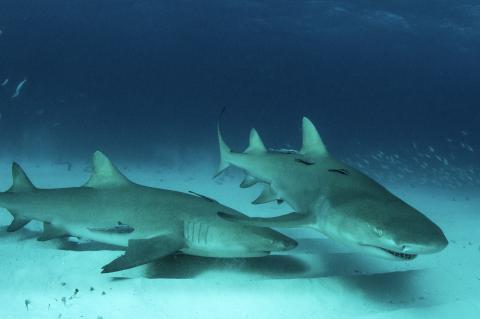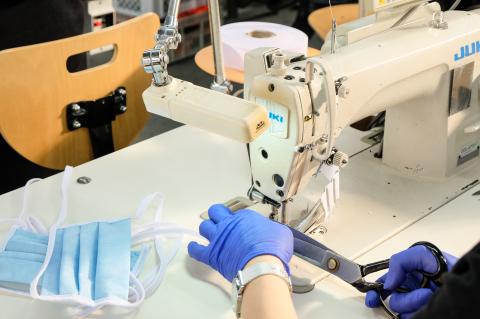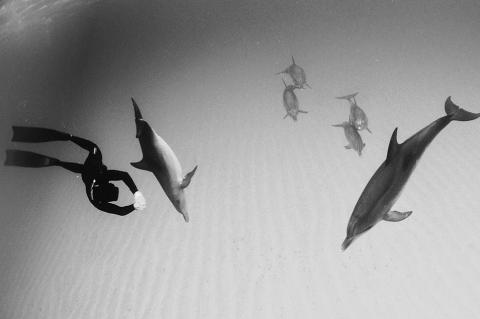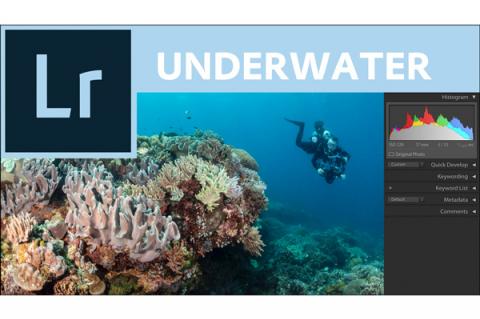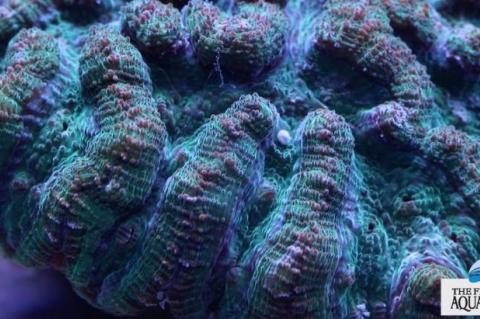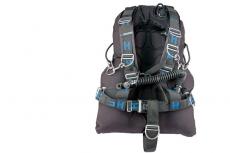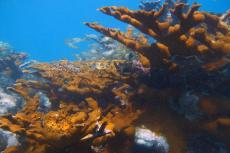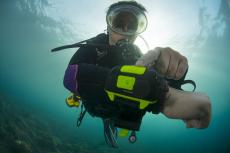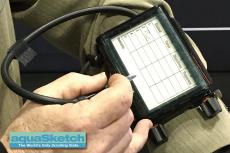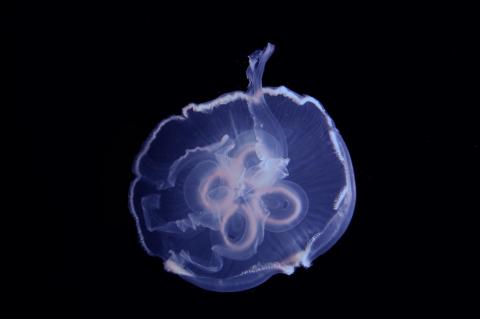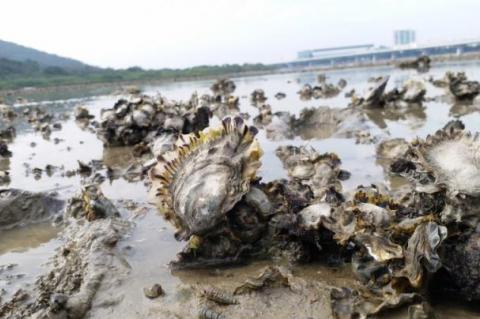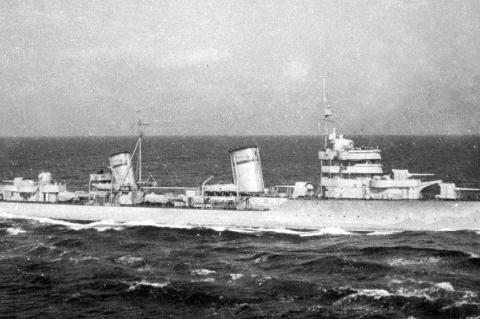Dive Master Insurance withdraws coverage of Guernsey's chamber
The global scuba diving insurer has today issued advice on its website for UK policyholders visiting Guernsey and Jersey.
Guerney's hyperbaric chamber now charges a fixed fee of GB£30,000, regardless of the number of treatments.
In a recent statement, Dive Master Insurance said: "UK clients visiting Guernsey and Jersey should be aware that where hyperbaric treatment is required following a diving accident they will be repatriated to the UK. If you suffer any diving accident or injury, you should contact the Assistance Company immediately using the emergency contact number listed in your policy documents. Further updates will follow should this situation change." 1
Dive Master Insurance has withdrawn its coverage of the hyperbaric chamber based at the Princess Elizabeth Hospital (PEH), Guernsey because of high costs, unusual practices and the way first-aid response is administered.2
Dive Master's MD, Robert Archell, said the company had serious concerns over the medical treatment available at the PEH. "Our decision was not just about the new fixed charge (£30,000) for the use of the recompression chamber on Guernsey," said Archell. "There are wider issues in this change for resident divers and tourist divers visiting Guernsey. When the St John facility closed, the States had an obligation to provide a recompression facility for 'divers at work'. This was the justification for the procurement of the new hyperbaric chamber. However, when we inquired about the medical support for sick and injured recreational divers at the hospital, we were advised that the protocol put in place relied upon remote hyperbaric diagnostic support, via telephone, to a UK NHS facility with on-call diving doctors."
The fact that the chamber has no diving doctor on-site, responsible for clinical decisions, is ‘fundamentally flawed’.
— Dive Master's MD, Robert Archell.
Archell added, "When we queried if this method was suitable for recreational divers, we were told it was usual practice in offshore facilities where a doctor was not present and hyperbaric first-aid response was being administered by an experienced nurse or a diver medic technician based in an offshore facility."
The Guernsey Press reported "that the Department of Health and Social Care has acknowledged the costs are at the upper end of charges globally for this treatment, but said it was a one-off fee regardless of how many sessions a person has in the chamber." 3
The fact that British divers will need to be medevaced to the UK, rather than be treated in the Channel Islands makes liveaboard trips or a "staycation" to the Channel Islands, less attractive.4 It is also believed that this decision will also affect divers domiciled on Guernsey who are insured with Dive Master Insurance.
Don't take treatment for granted
Just because a diver has diving insurance does not necessarily mean that there is a working chamber at the dive destination. It is quite possible too that the nearest chamber can either be non-operational or it does not take emergencies. It is always worthwhile to check first.
In June 2016, the government of the Island of Guernsey confirmed they would charge divers for recompression treatment.5 Therefore, all divers (both commercial divers and recreational) intending to dive within Guernsey's 12-mile limit need to be suitably insured. ■


